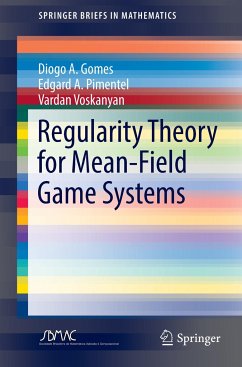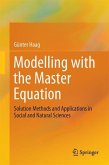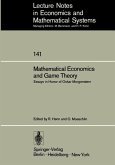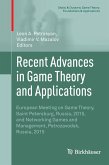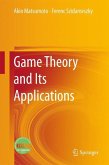Beginning with a concise introduction to the theory of mean-field games (MFGs), this book presents the key elements of the regularity theory for MFGs. It then introduces a series of techniques for well-posedness in the context of mean-field problems, including stationary and time-dependent MFGs, subquadratic and superquadratic MFG formulations, and distinct classes of mean-field couplings. It also explores stationary and time-dependent MFGs through a series of a-priori estimates for solutions of the Hamilton-Jacobi and Fokker-Planck equation. It shows sophisticated a-priori systems derived using a range of analytical techniques, and builds on previous results to explain classical solutions. The final chapter discusses the potential applications, models and natural extensions of MFGs. As MFGs connect common problems in pure mathematics, engineering, economics and data management, this book is a valuable resource for researchers and graduate students in these fields.
"This book is concerned with mean field game systems, or MFG systems for short. Such systems describe an infinite number of rational agents in competition. ... The book is an accesible introduction to MFG systems, readable by anyone with a basic knowledge of partial differential equations." (Teemu Lukkari, Mathematical Reviews, October, 2017)

